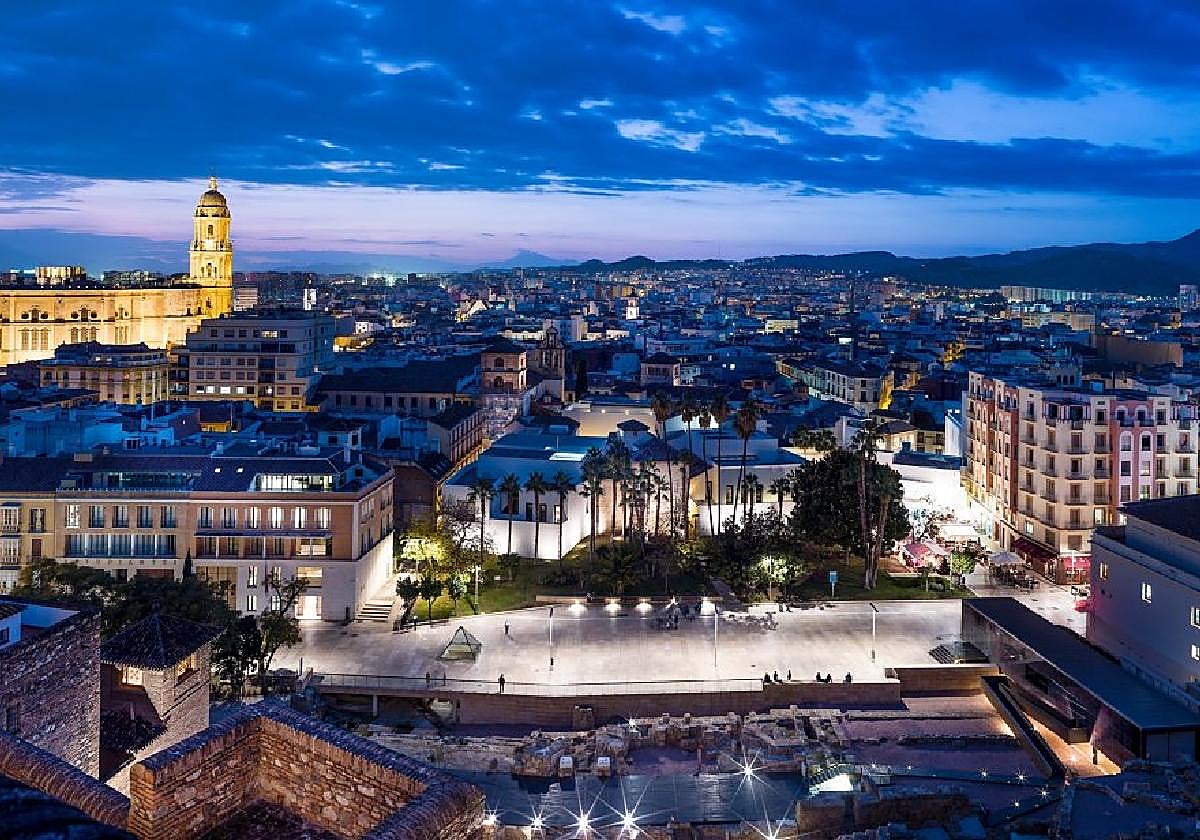Malaga, how did it get its name?
The first uses of the name are found in documents related to coins, confirming there was a mint in the area during Carthaginian rule
According to most scholars, Malaga's history can be traced back about 2,800 years, when it was founded by the Phoenicians as Malaka, which if true, makes it one of the oldest continuously inhabited cities in Western Europe. The first uses of the name are found in numismatic documents, which confirm there was a mint producing coins in the area during Carthaginian rule.
One theory put forward claims that Malaga derives from the Phoenician word for salt, 'méla', although this has been rejected by most academics.
The most prevalent belief is that the name derives from the Phoenician 'mlk', which is believed to mean 'to be king', or 'to reign', which some think indicates the presence of a temple dedicated to the goddess Astarte, who, in Semitic mythology, was known as the Queen of Heaven.
The majority of the coins excavated on the site of the mint of Malaka were engraved with a temple and the image of a goddess, leading historians and experts to deduce that the temple and the name of the city were dedicated to Astarte.
According to 17th-century historian Martín de Roa, the name of Malaka derives from Hebrew, 'malcah', which means queen. The historian based his theory on work of the Greek geographer, Strabo, who claimed that the city was the "princess among the others along the coastline".
Consequent names appear to derive from Malaka: under Roman rule the city was known as Malaca, while the Islamic conquest in the 8th century saw the name converted to Malagah.
The 10th-century chronicle of Ahmad al-Rázi, who wrote the first narrative history of Islamic rule in Spain, mentions the vineyards of Malagah and the unparalleled quality of its raisins.
Christian forces seized the city on 18 August 1487, Latinising the name to what we know it as today.

